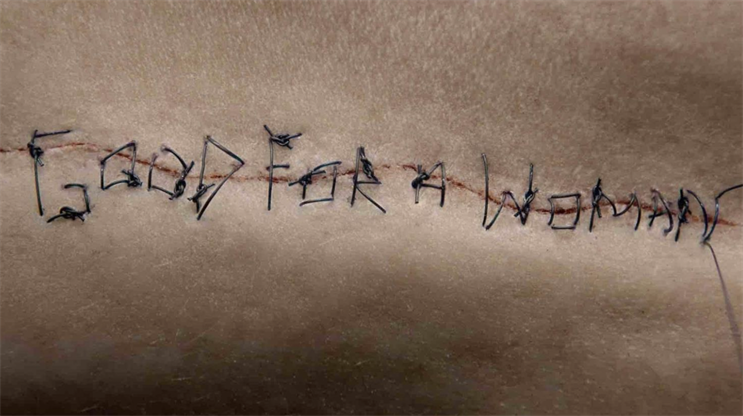"What’s it like being a female soldier?" is, incredibly, still a question asked of women on the front line.
In Karmarama’s "A soldier is a soldier" film, the absurdity of the question – amid a background of other patronising remarks – is laid bare as serving soldiers point out that they are defined by their skills and not by their gender.
The ad is to be applauded for this very reason; for spelling out just why the question should not be acknowledged seriously.
Adam Kean, executive creative director at Karmarama, told 北京赛车pk10: “The Army has a very simple and practical approach to these things. We spoke to some female soldiers and they're embarrassed to talk about it in some ways. To them, it’s nothing to do with being female, they’re just soldiers and that stuck with us.
"The phrase ‘a soldier is a soldier’ felt like the right place to start. And also, it speaks for a bigger agenda in the Army, which is that it is true for everyone, whether it's gender, or any kind of diversity and ethnicity thing, soldiers are all the same.”
At present, female representation sits at 9.8% in the British Army and 14.2% in the Army Reserves, so it’s an incredibly worthwhile drive to increase the numbers, but I was left wondering why it stops at the recruitment of women only, particularly given the Army’s pride in its advances in inclusivity. The Army has had an employment policy for transgender servicemen and women since 1999, and in 2016, it was a 24-year-old transgender soldier who became the first woman to serve on the front line with the British Army.
Karmarama senior planner Rhonwen Lally said the ad brief was specifically for women, adding that the campaign was inspired in part by a quote from .
He said: “Under fire, no-one cares if someone is black or white, gay or straight, because they value the individual for who he or she is, what he or she can do, and because they are so utterly dependent on him or her.”
Lally said: “We wanted to retain that fundamental Army truth.”
Given Sanders’ quote is from an open letter written in 2017 in which he warned that discrimination, bullying and prejudice remain problems in the armed forces, it feels like a missed opportunity to press harder on the message of inclusivity.


